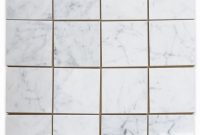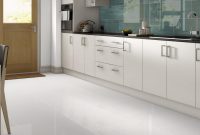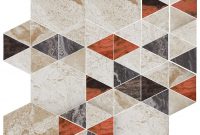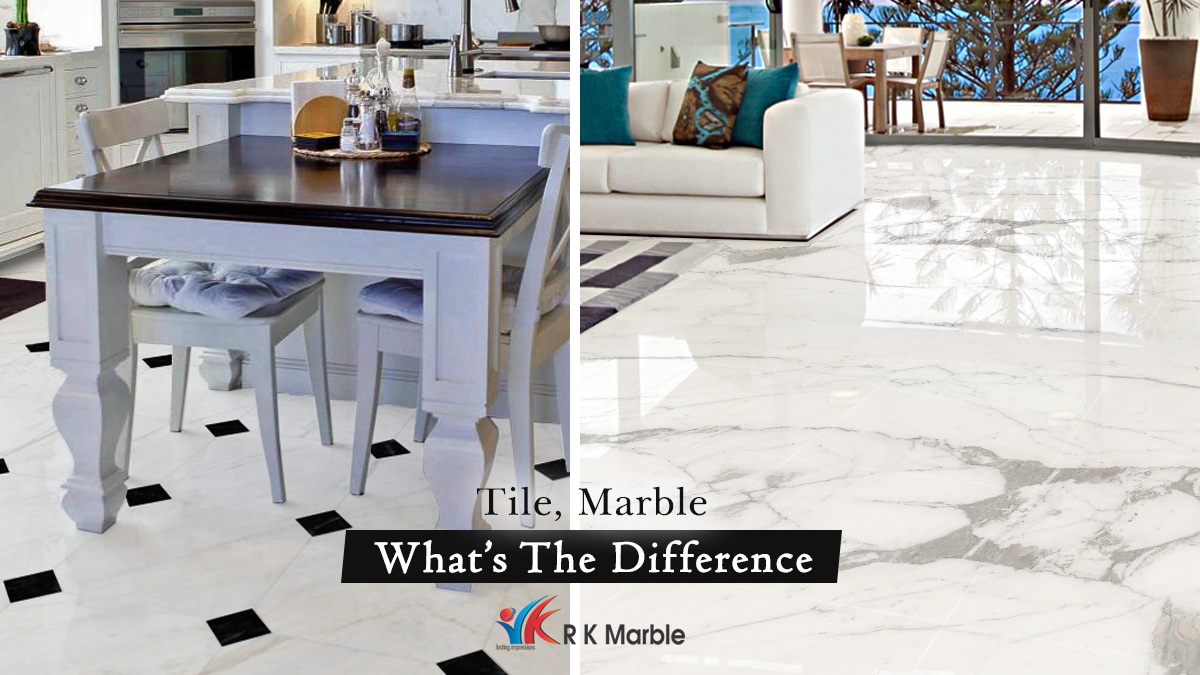 The Ultimate Guide To Choosing Between Vitrified Tiles And pertaining to sizing 1200 X 675
The Ultimate Guide To Choosing Between Vitrified Tiles And pertaining to sizing 1200 X 675Marble Or Tile Flooring – If you’re considering changing the effort surface at some stages shortly, then it is likely to make sense to await a bit longer because the tops thickness could be unlike the existing one or you realize that you prefer some other colour, design or fashion which refuses to match the tiles you have purchased (it has occurred several times). With modern tools is continues to be possible get special tile adhesives to set up new tiles onto existing tiles. It is worth mentioning that (where suitable) special attention will should be paid out on the existing background. Can your existing substrate contain the excess fat with the new covering? Does the perimeter edges be seen? Are you gonna be happy to see two tiers of tiles herniated in the walls or perhaps better to get rid of the existing layer? Will the extra thickness of tile become pushing outwards the electro-mechanical outlets, causing problems with the socket’s screws being way too short? What about the electric wires on the sockets not had the capacity to become stretched enough! This all have to be used consideration just before you embark together with your task. If you’re utilizing the old porcelain tiles off the wall they make sure all of the adjacent areas are secured by padded dust bed linens and that you might have full security gear on because the tiles can simply cut through bare skin. Dust hide and goggles are an complete must.
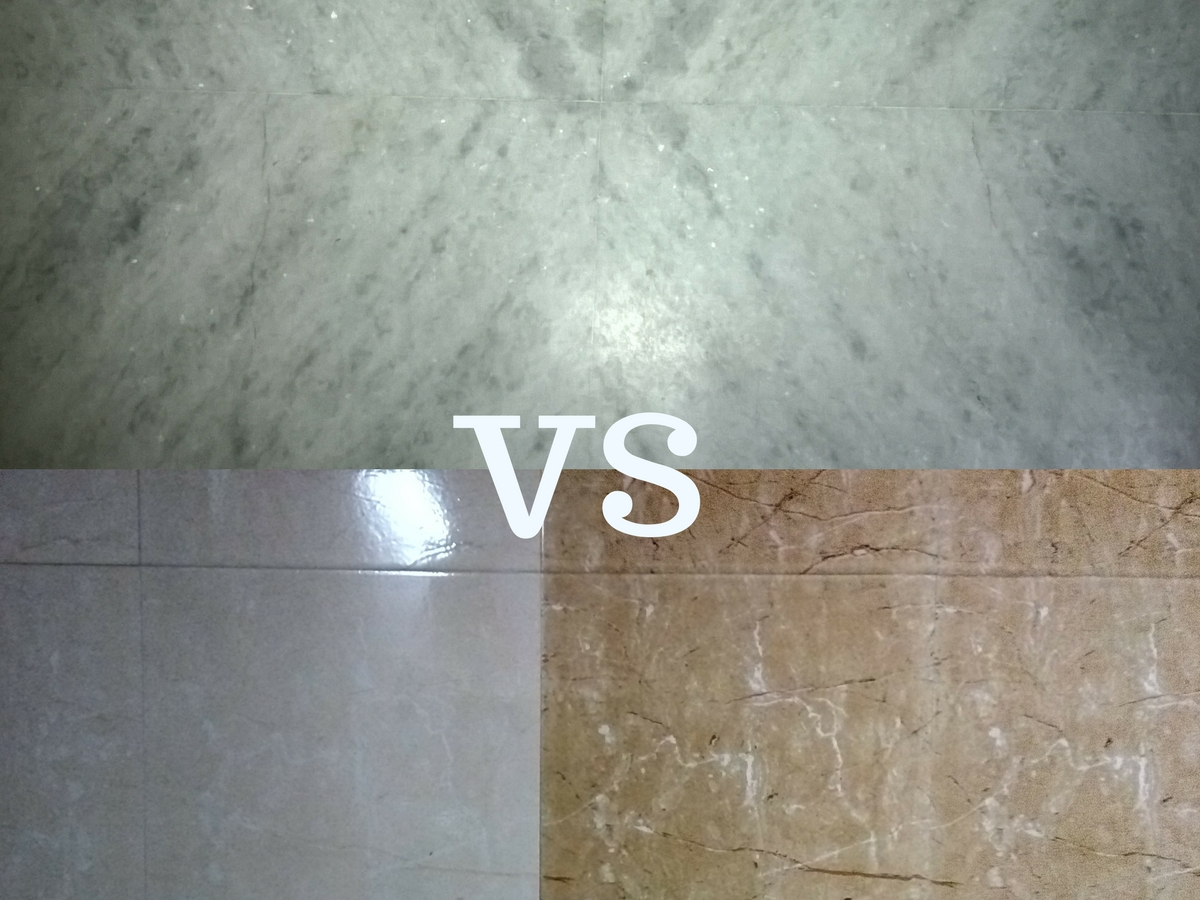 Which Is Best Marble Flooring Or Tile Flooring Dream Home inside sizing 1200 X 900
Which Is Best Marble Flooring Or Tile Flooring Dream Home inside sizing 1200 X 900Sizing in the porcelain tiles Before you do anything whatsoever else check to see in case you have the right tiles, the right sum of tiles and if you’re using border tiles and inserts/decor tiles then search for size variations. This occurs often. If there are size variations you may should take this into mind before selecting which kind of intervals is more aesthetically right. What can happen is that you may have did start to tile the wall and possess a 1. 5 mm joint, you then place the border on the top along with the border being to big, will go beyond alignment in the rest with the porcelain tiles. Take your time. Try to visualize every one of the tiles on the wall, being a finished job, then you can anticipate any possible problems and steer clear of them. Nearly ready to ceramic tile Have a look on the tile’s presentation to see if there are special strategies for spacing the tiles. Diverse tiles requires different joint sizes. If you use standard hard wall tiles you can use a couple of mm tile spacers naturally, in the event you use rustic tiles, a few – 10 mm coil spacers. All is relevant for the design and size with the tiles. Check for batch huge difference, and try to open several bins and use few porcelain tiles from each box. Look into the worktops having a spirit level (Ideally one that is certainly a hundred and twenty cm or longer); find out if the tops are level, if not you might should space in the lowest section with tile spacers or perhaps cardboard.
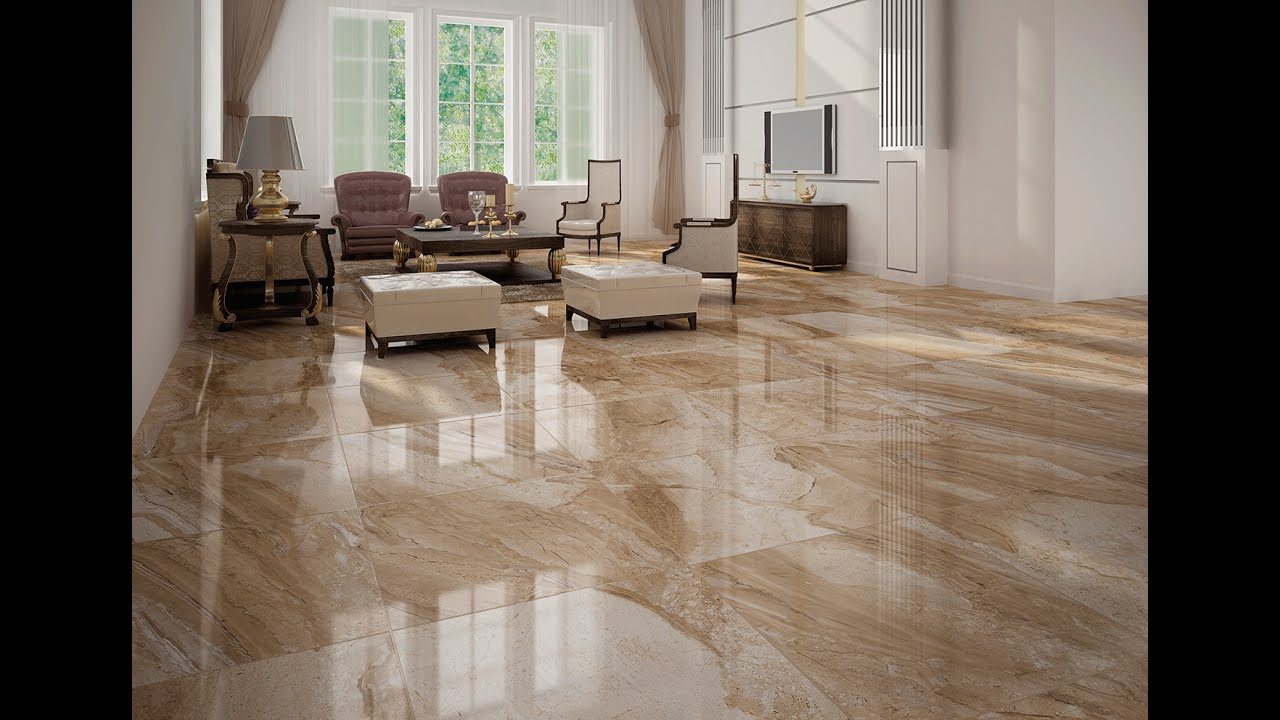 Marble Floor Tile For Living Room Designs throughout sizing 1280 X 720
Marble Floor Tile For Living Room Designs throughout sizing 1280 X 720If the beds base is definitely much beyond level in one end for the different, then you may should allow a complete tile at the lowest stage then draw an amount series at the most notable of this tile and any tiles that do unfit in the line down for the worktop, will should be trimmed to size utilizing a tile nippers or wet tile cutter machine. Many times once you make an effort to attract the queue you discover that this electrical sockets are within the way. If this happens afterward instead of utilizing one ceramic tile at the lowest point, work with two tiles, (one on the top of the other and attract the level line at the most notable of the other tile) that usually works. Do not forget to insert a ceramic tile spacer if you’re using any. Upon rare occasions you will require a laser level having a ongoing projected line or a twisting laser level. This will effectively go around the obstacles. What spreading trowel to use. The thickness with the adhesive must be such that if the tile is its final place, the adhesive shouldn’t squeeze from the joints. Most times a scoop with 6 mm steps is okay plus general you should use tiles of 10 — 20 cm square. Whenever mosaic is always to be installed you might need a 3 mm notched trowel and if made by hand mosaic glass are to become used, then possibly utilize 6 mm scoop and butter up a corner side with the tile, or work with a 10 mm and previously mentioned to suit the tiles. Even more adhesive will likely be required in the event the tiles have a very deep profile or studs than if a corner is clean. If there is adhesive squirting from the tile joints, then work with a thin flat screwdriver or perhaps Stanley knife to pay off the joint then use a drenched cloth or sponge to completely clean the tiles. It is essential to never possess the adhesive getting into experience of organic stone (like marble) as it may stain it then from your very own from its nice look. Electric powered points. Undoubtedly you gonna have to chop around electro-mechanical points (sockets, fuse spurs, cooker switches, light knobs, etc . ) Make sure that you simply understand where the electric supply is normally and SWITCH IT AWAY. You must be capable to isolate your kitchen electricity so that you can still work with other sockets at home.
 Which Flooring Is Better Marble Or Tiles pertaining to proportions 1280 X 720
Which Flooring Is Better Marble Or Tiles pertaining to proportions 1280 X 720Tiling tools. There are plenty of DIY tiling tools on the market that enable you to accomplish tiling on a tiny funds. If you’re using thin ceramic tiles a tiling basic starter kit will let you. Here is what you will require for a standard job. Tile Trims. Upon some occasions it is essential to put tile trims for the porcelain tiles. An example of this is where two porcelain tiles meet on an external perspective, where the tile edge will require protection from being chipped or perhaps in the event the walls usually are not straight plus it is needed to have slashes at both extremities, or perhaps in the event the tiles have no glazed edges. If that suits you or require tile trim, ensure you makes use of the right size ones to match the thickness with the ceramic tile. Some tiles don’t need tile trims while they get their edge glazed, others will require trims. If you’re painting them adjacent for the tiles, you could utilize the trims only within the external angles where the porcelain tiles meet and merely paint the unglazed edges on the most notable of the very last tile.
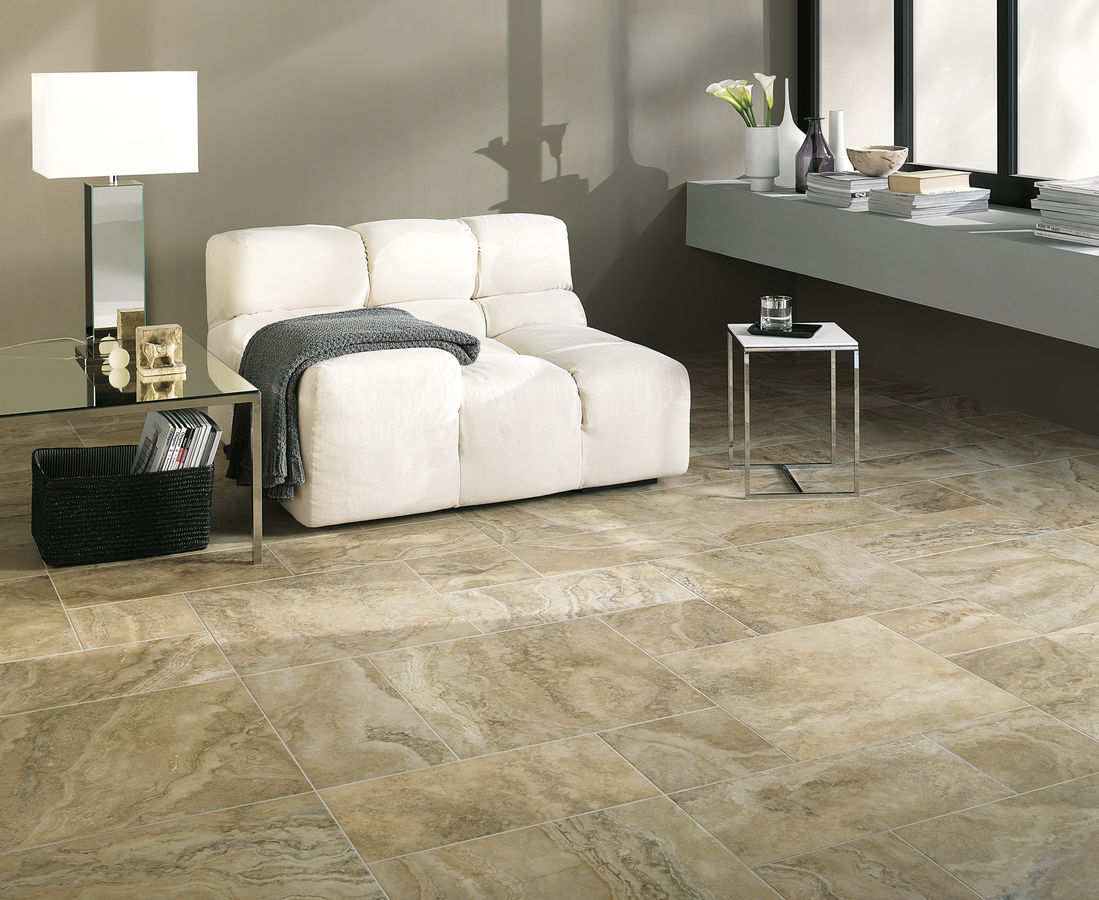 Attractive Marble Tile Flooring Style Of Type Saura V Dutt inside measurements 1099 X 900
Attractive Marble Tile Flooring Style Of Type Saura V Dutt inside measurements 1099 X 900Windows. If an individual wall to become tiled contains a window about it, get the center point with the window sill and measure with the porcelain tiles to see how big the final reductions are. If the final reductions are too small , counterbalance the center examine half tile and recheck. Start with the best way of measuring so that you can achieve the very best start looking ( you may want a lower that is certainly bigger than twenty mm). Attention have to be used on not find yourself with opposite slashes too big (nearly full tile), as this will give you tiny cuts on the front up and down with the window and therefore can provide you with problems with either cutting the tiles or perhaps an even even worse problem with alignment in the event the up and down edges are off straight. Also check to see in the event the windowpane sill is level. Sometimes it isn’t and if that is the case you can get the highest place and with regards to tile front side (relating to the worktop plus the windowsill) start from there then when you’re ready to tile the most notable with the sill, fill this level with adhesive. In the event the difference is always to much, you may have to use two layers of tiles or make very good with many plaster or concrete floor before tiling. Always look at the manufacturer’s instructions on the utilization and application. Silicone As soon as the grout has dried you may apply the silicone sealant if needed. You can buy silicon well suited for general use, normally, this is with the “Acetoxy” type although if the tiles are made from natural rock you then will require a silicon well suited for this (ask the supplier for the “Neutral Cure” silicone) as general silicon might stain some pebble. Silicone can be a beast of the own. You will should stop dawdling and careful by it! It really is helpful in the event you purchase a silicon tool kit.
